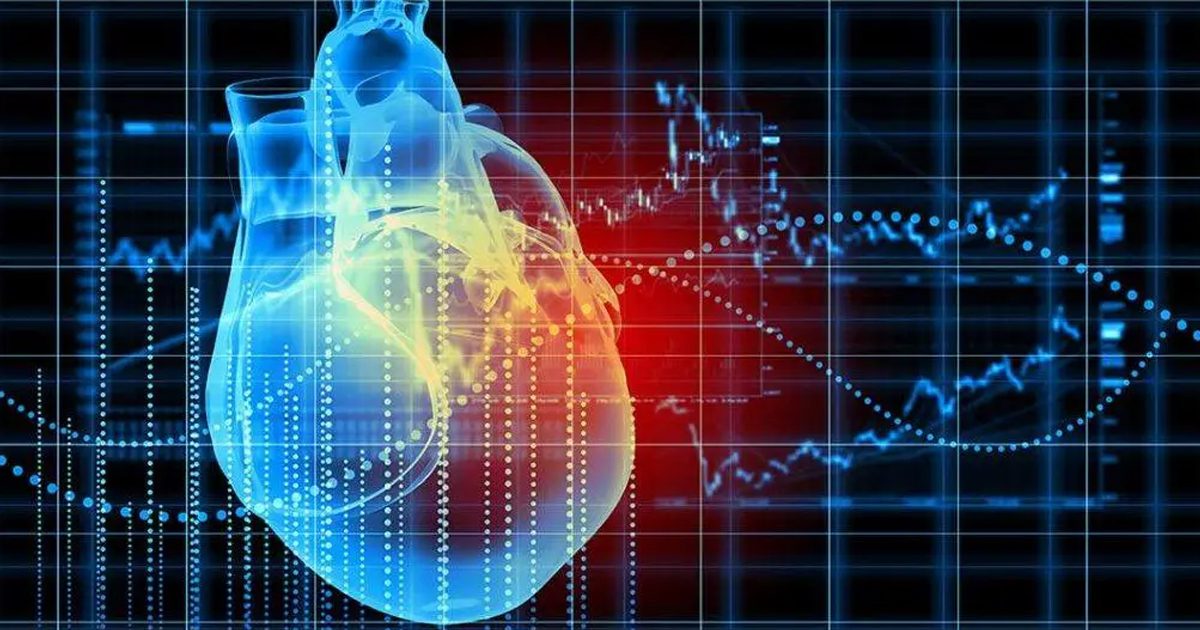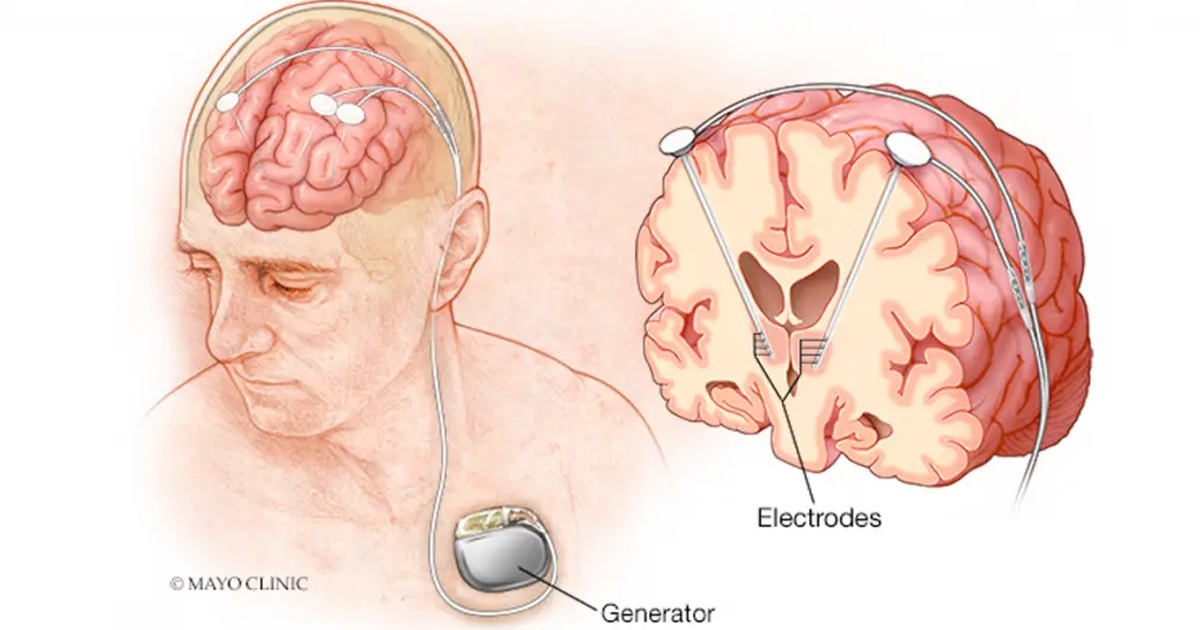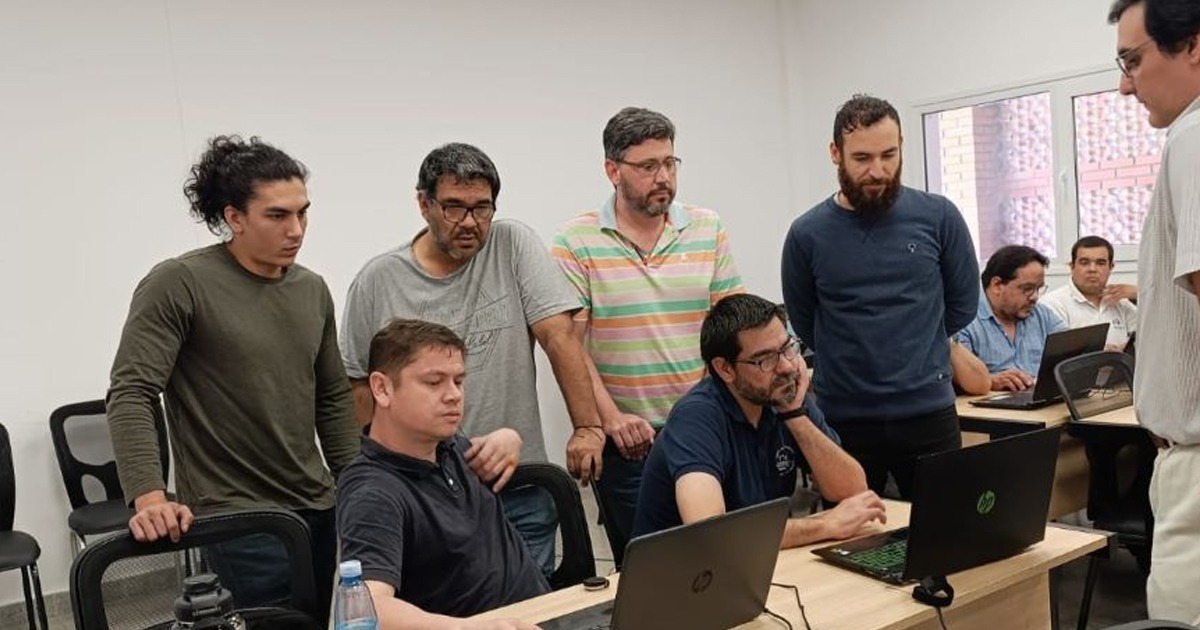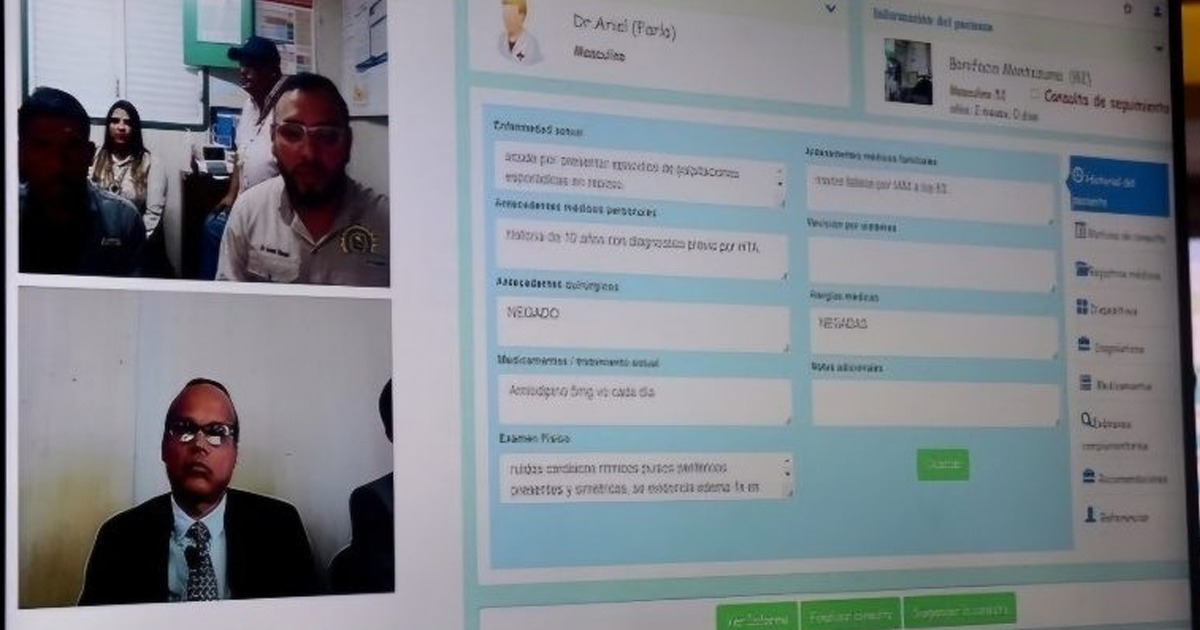Mayo Clinic researchers are developing an Artificial Intelligence model to discover the importance of voice recording analysis for non-invasive heart disease detection
AI could be key to detecting heart disease through remote monitoring. Mayo Clinic researchers are testing AI models to determine if voice could be useful in revealing information about patients' heart health.
The article “Non-invasive voice biomarker is associated with incident coronary artery disease events in follow-up”, published in the scientific journal Mayo Clinic Proceedings, evaluates the association between pre-identified voice biomarkers and events related to coronary artery disease.
A biomarker is a biological molecule found in the body's blood, fluids, or tissues, and its presence can signify a disease or condition process. Biomarkers are used to determine the body's response to treatment or disease.

In the study, they detail the process of implementing an AI algorithm for voice biomarkers, with the aim of accurately predicting which patients were more likely to suffer from a heart condition. Likewise, previous studies had managed to identify relevant components of voice biomarkers and their relationship with coronary artery disease.
The information from the previous studies was vital for the development of the new research, since it included coronary angiograms of patients, which evaluate the obstruction that exists in the arteries that lead to the heart. In this way, through a mobile app specifically designed to analyze voices, the researchers were able to predict the results of coronary artery disease in patients who previously participated in the study and had their voice recorded.
Patients with high scores on voice biomarkers were more likely to have symptoms of coronary problems such as chest pain. Although this study is still in the research stage, the combination of AI and voice analysis is key to monitoring the risk of coronary heart disease even remotely. In addition, it is a non-invasive and low-cost method.





